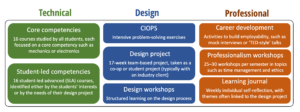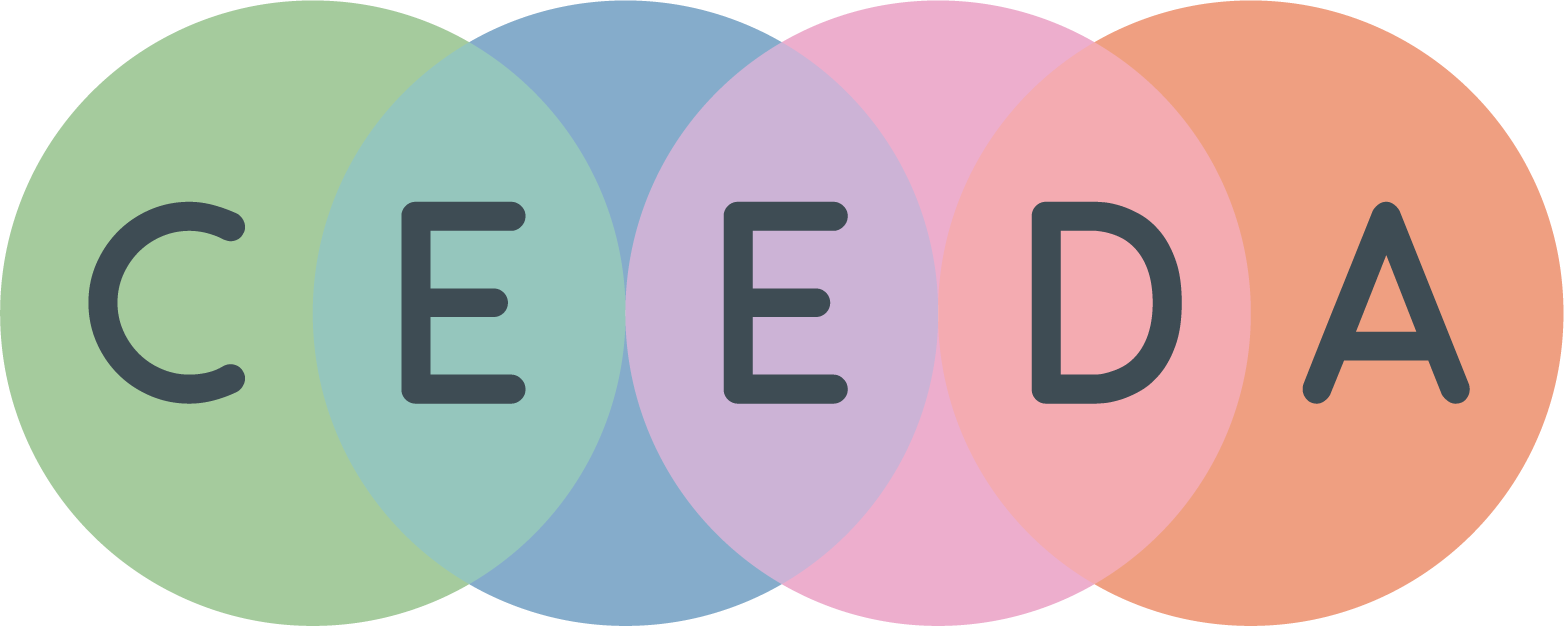Lessons learnt from emergency teaching

Defining features of the Iron Range Engineering education Iron Range Engineering provides a bachelor-level education for students who have already completed two foundational years of higher education engineering study (typically in a ‘Community College’ setting). Iron Range offers two such ‘upper division’ programmes, both in integrated engineering and both credentialed by Minnesota State University, Mankato (through […]
